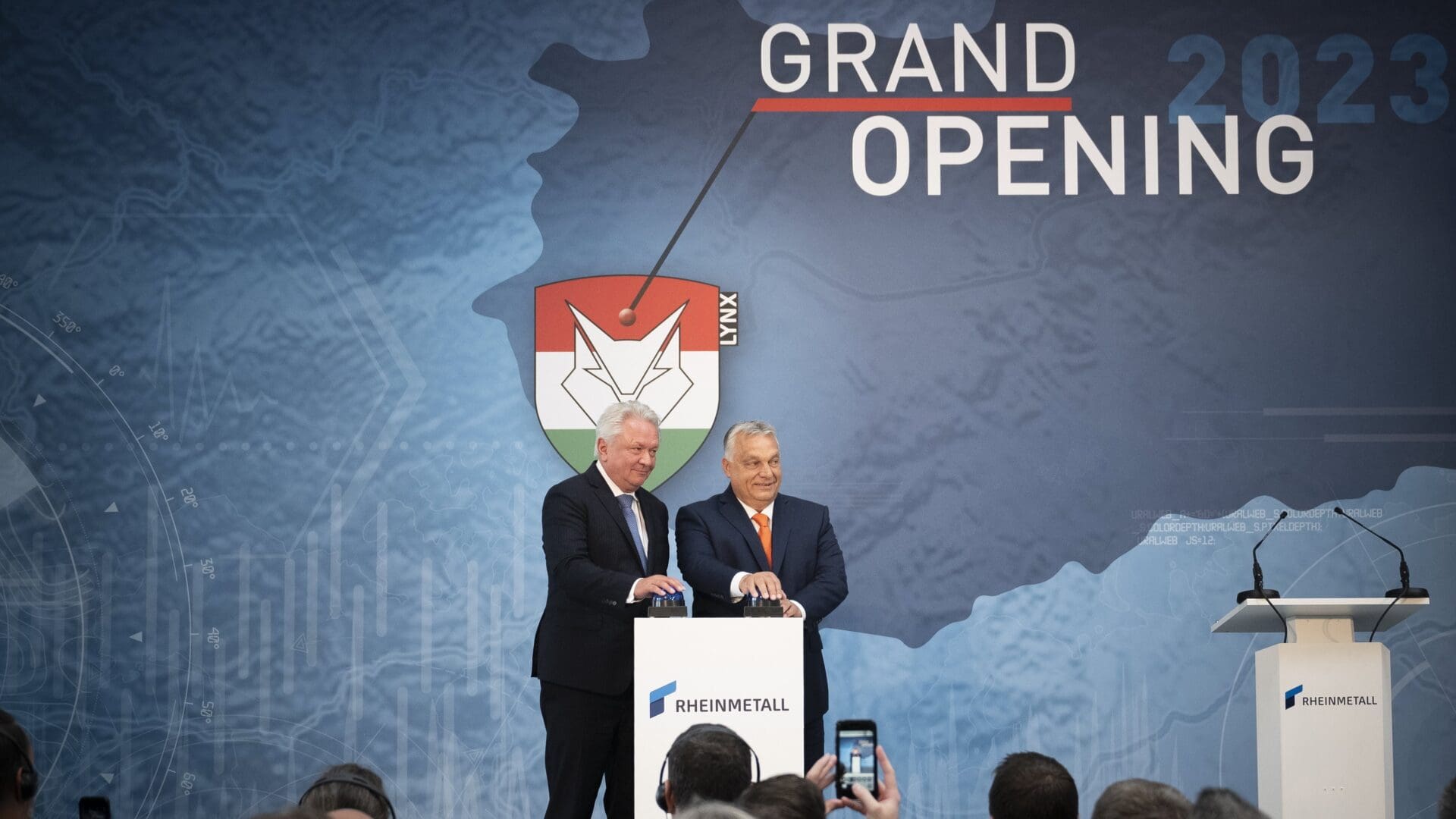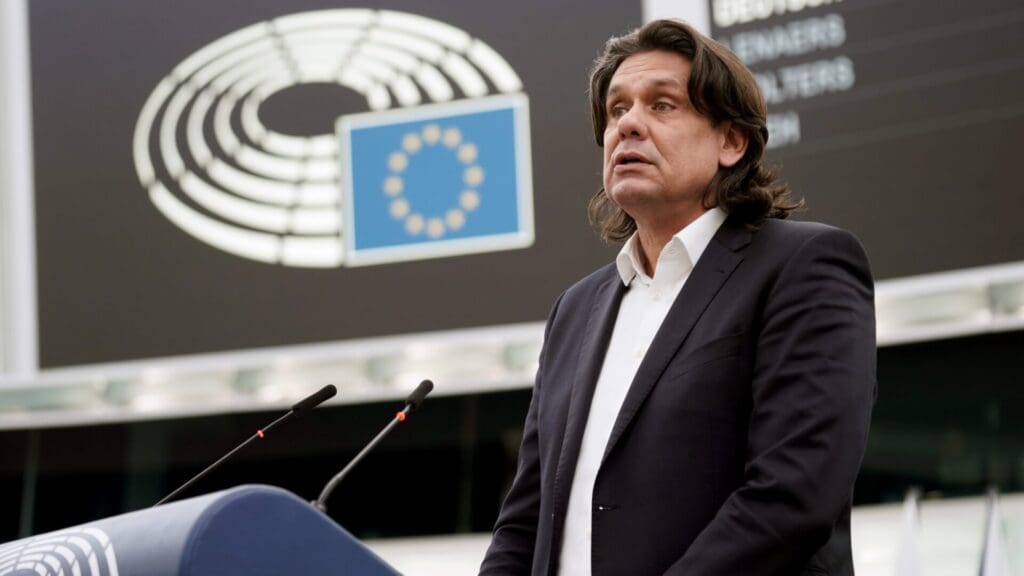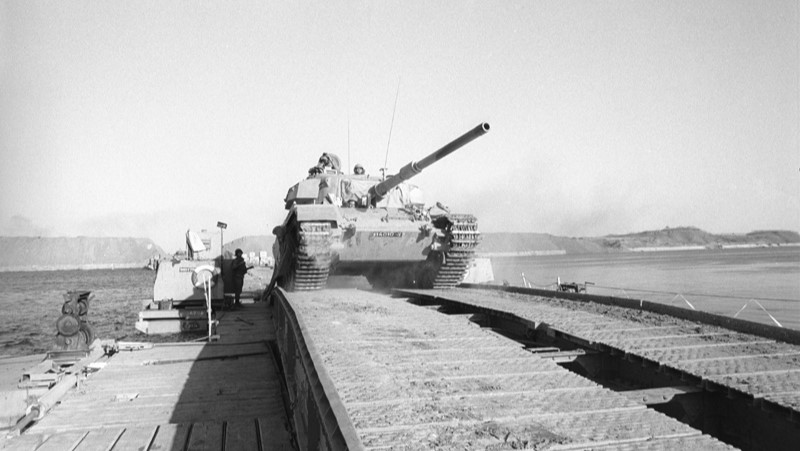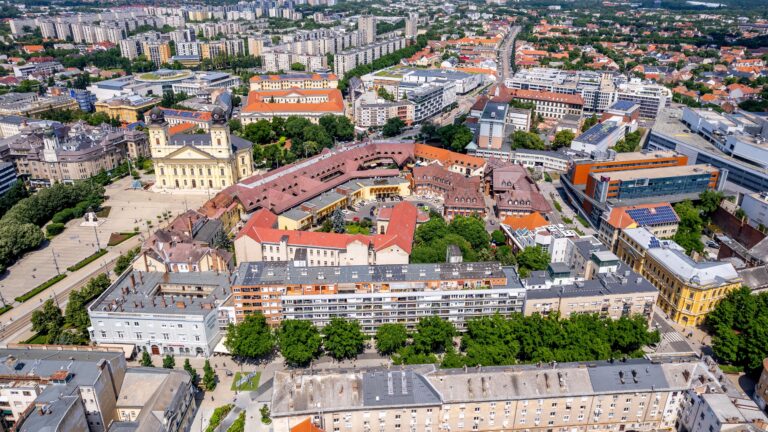On 18 August, the Rheinmetall factory in Zalaegerszeg was officially inaugurated. As part of the German–Hungarian cooperation, which has a long history in the automotive and military industry, the factory will produce not only the Lynx infantry fighting vehicles but also combat drones and precision munition.
Speaking at the opening ceremony, Rheinmetall Group Chairman and CEO Armin Papperger said the Zalaegerszeg plant is a state-of-the-art complex and is today the most modern combat vehicle factory in Europe. He added that the facility will give Hungary the capabilities to work with European and NATO partners, while also serving the country’s national security.
For Rheinmetall, Hungary is not only a customer, but also a cooperation partner, being one of the five largest investment markets in the world, alongside such powerhouses as the UK, Germany, Australia and the US. ‘This is only possible because the country has set out a very important vision for the development of the defence industry,’ Armin Papperger stressed. The CEO also said that the Hungarian complex was built at a world record pace within the Rheinmetall Group, which also shows that the Hungarian market is a priority for the company:
‘Less than three years ago, in December 2020, the foundation stone was laid. Less than two years ago, construction reached its peak in September 2021. A year ago, we celebrated the inauguration of the first Lynx in Budapest,’ Mr Papperger recalled.
According to the German corporation’s press release, Rheinmetall Hungary Ltd is primarily engaged in the development and production of tracked and wheeled vehicles for the Hungarian military forces, primarily the Lynx armoured fighting vehicles. The development, production and test centre, which includes a climate chamber and a firing range, was built on a 33-hectare site in Zalaegerszeg, and will eventually employ a total of 350 people. Hungary has ordered 209 Lynx KF41 infantry fighting vehicles in seven variants, 18 support vehicles and 38 military trucks from the company, most of which will be produced in Hungary. The contract also includes other services such as simulators, training and education, initial spare parts supply and maintenance services.
At the opening ceremony of the plant, Hungarian Minister of Defence Kristóf Szalay-Bobrovniczky and Rheinmetall’s CEO also signed a memorandum of understaning. According to the MoU,
the joint venture between Rheinmetall Italia SpA and Israel’s Uvision Air Ltd will start the procurement of remote-controlled precision munitions
to complement the armament of the Lynx infantry fighting vehicles rolling out of the factory, in addition to joint research and development activities. The production of combat drones will also be carried out jointly within the joint venture with the Israeli arms manufacturer.
The Hungarian prime minister also attended the inauguration, also posting about it on social media, describing the new factory as ‘the symbol of the rebirth of the Hungarian military industry’.
‘The handover of the Zalaegerszeg plant is the result of joint German–Hungarian wisdom and foresight, of a joint assessment of the European and global political situation,’ Viktor Orbán at the opening ceremony.
According to the PM, Hungary, Central Europe and Germany are inextricably bound together and
are the most natural allies in maintaining their competitiveness.
Hungarian factories, skilled Hungarian workers and engineers, and Hungarian added value play a major role in the global success of German global brands, from the automotive to the defence industry.
The prime minister stressed that despite the crises of recent years, Hungary had not given up its ambition to have an independent defence industry, and the war had only strengthened the country’s such determination. Mr Orbán argued that those who are not involved in the defence industry may think that Hungary is running after the events and is only now catching up with countries that have been alerted to the need to develop the defence industry by the war in Ukraine. However, the prime minister recalled that his government had already taken the first decisions on the revival of the Hungarian defence industry as early as 2017.
At the end of 2016, an extensive force development programme, called ‘Zrínyi 2026’, was announced by the government with the objective of increasing the size and level of ambition of the Hungarian armed forces, primarily through the procurement of state-of-the-art military technology and personnel equipment.
To achieve the latter, Hungary not only intends to rely on foreign suppliers but also aims to rebuild the Hungarian defence industry. The rebuilding of the country’s once functioning defence industry can be regarded as a long-term investment which strongly contributes to the Hungarian economy. With the new national defence industrial capabilities, Hungary’s aim is not only to make its army self-sufficient but also to make the country an arms exporter.
With the building up of the Hungarian defence industry, the government does not want to create assembly plants only but has also launched research and development projects as well,
which will allow the country not only to produce but also to develop weapons.
In this regard, the German automotive and arms manufacturer Rheinmetall has become a reliable, strategic partner in recent years. Since 2019, Rheinmetall and the Hungarian government have jointly implemented a successful investment strategy aimed at supporting the modernisation of the Hungarian Defence Forces and simultaneously rebuilding the Hungarian defence industrial capabilities. In total, there are four Rheinmetall production and research and development facilities in the country, operating in the form of joint ventures.
Rheinmetall’s strategy in Hungary is twofold, said Paul Walf, Rheinmetall Head of Corporate Coordination Central Europe back in June: on the one hand, it wants to remain a reliable partner for the Hungarian Defence Forces. On the other hand, the company wishes to increase their capacities and meet the growing demand of customers, so they are building sustainable defence ventures for the production and development of armoured vehicles, ammunition, weapon systems and digitalisation solutions, in which the facilities in Hungary play a major role.
Related articles:








